
During the discussion session, 37/60 registered delegates were able to speak, including 4 delegates who debated with 23 comments on the draft Resolution amending the Constitution, and 29 comments on the draft Law on Organization of Local Government (amended).
Amending the Constitution - a strategic step, laying the foundation for unifying the entire legal system and state apparatus organization.
National Assembly deputies affirmed that amending the Constitution is a fundamental strategic step, aiming to meet urgent practical requirements, creating a solid legal foundation to unify and enhance the effectiveness of the entire legal system, state apparatus organization and the entire political system in the new development stage of the country. In the face of the country's increasingly high development requirements, the context of deep integration and the trend of transforming governance towards modernity, transparency and efficiency, the Constitution needs to continue to be adjusted to keep up with reality, guide institutional reform and develop the country in a sustainable manner.
Opinions agreed with the scope of this amendment and supplement to the 2013 Constitution, focusing on two main groups of contents: First, the provisions of the 2013 Constitution related to the Vietnam Fatherland Front and socio-political organizations (concentrated in Articles 9 and 10), to meet the requirements of arranging and streamlining the organizational apparatus, promoting the role, responsibility, and proactiveness of the Vietnam Fatherland Front, the role of gathering classes and strata, focusing on residential areas, close to the people, and to each household. Second, the provisions in Chapter IX of the 2013 Constitution to implement the model of organizing a two-level local government.
According to the Draft Resolution, this amendment to the Constitution will directly affect more than 19,200 legal documents at both the central and local levels. Along with amending the Constitution, the National Assembly will continue to adjust laws directly related to the rights of people, organizations, businesses and the authority of all levels of government, especially in areas such as investment, budget, planning and socio -economic development. This shows that amending the Constitution not only has legal significance, but is also the beginning of a series of extensive institutional reforms, opening up a large "room" for development.
With high determination from the central to local levels, the participation of the entire political system, this amendment promises to create a strategic institutional breakthrough, not only urgent in response to practical requirements, but also expected to lay the foundation for a modern, transparent, effective, efficient and people-friendly public administration as General Secretary To Lam affirmed: "The local government after the arrangement must ensure streamlining, efficiency, closeness to the people, meeting the requirements of modern governance, creating momentum for rapid and sustainable development, strengthening national defense and security, promoting innovation and improving people's lives".
It is necessary to clearly demonstrate the policy of decentralization and delegation of power in the draft Law on Organization of Local Government (amended).
Discussing the draft Law on Organization of Local Government (amended), the majority of National Assembly deputies expressed their high agreement with the necessity of promulgating and the contents of the draft Law. At the same time, there were many comments on the provisions related to the principles of demarcation, decentralization, delegation of authority; on the organization and operation, tasks and powers of local governments.
In particular, many delegates proposed to maintain the right of provincial-level People's Council delegates to question the Chief Justice of the People's Court and the Chief Prosecutor of the People's Procuracy at the same level; to strengthen the supervision activities of the People's Council, increase the number of full-time National Assembly delegates, as well as supplement regulations on regimes and policies for full-time People's Council delegates.
It is argued that whether the streamlining of the apparatus achieves efficiency and effectiveness depends largely on the People's Council and the People's Government at the commune level. Because according to the new model, the commune level is the level that organizes policy implementation and focuses on tasks serving the people, directly solving many problems of the community, providing basic and essential public services to the people in the area. Therefore, it is necessary to increase the number of Vice Chairmen of the People's Council at the commune level as well as full-time delegates at the commune level.
At the end of the discussion session, Minister of Home Affairs Pham Thi Thanh Tra, on behalf of the drafting agency, acknowledged and fully absorbed the comments of the National Assembly deputies to complete the draft Law. The Minister emphasized that this is considered a historical milestone in Vietnam's legislative work, because for the first time in nearly 80 years since the founding of the country, on the basis of the Party's major policy, the National Assembly will consider and decide to change the local government model from three levels to two levels. This is also a comprehensive institutional and administrative reform with profound constructive nature, strategic vision and determination to innovate of the Politburo, the Central Executive Committee of the General Secretary, the National Assembly, and the Government for the country to firmly enter a new era.
Minister Pham Thi Thanh Tra said, "Immediately, the Government will issue 25 Decrees to promptly implement the operation of two-level local governments and promptly implement decentralization and delegation of authority to local governments." /.
Source: https://baobackan.vn/quoc-hoi-thao-luan-ve-suading-hien-phap-va-to-chuc-chinh-quyen-dia-phuong-post70784.html


![[Photo] Prime Minister Pham Minh Chinh attends the groundbreaking ceremony of Trump International Hung Yen Project](https://vphoto.vietnam.vn/thumb/1200x675/vietnam/resource/IMAGE/2025/5/21/ca84b87a74da4cddb2992a86966284cf)

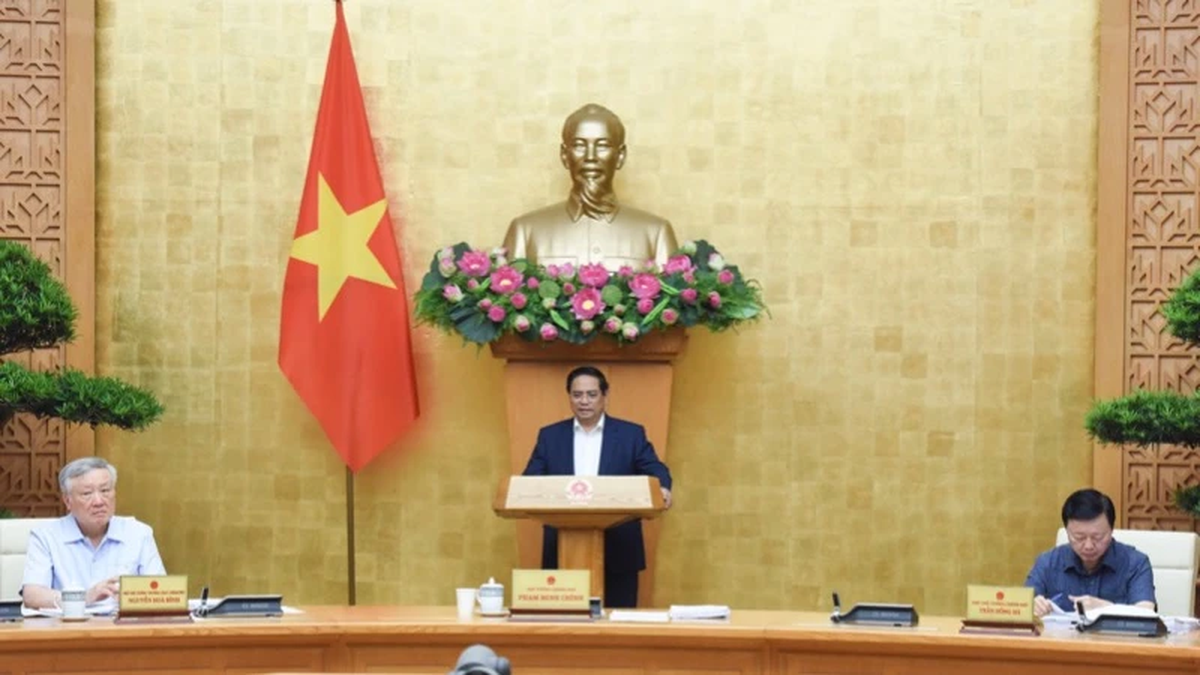


![[Photo] Prime Minister Pham Minh Chinh chairs the Government's special meeting on law-making in May](https://vphoto.vietnam.vn/thumb/1200x675/vietnam/resource/IMAGE/2025/5/22/1c880aae96fd4e0894abc47a46fe19ba)















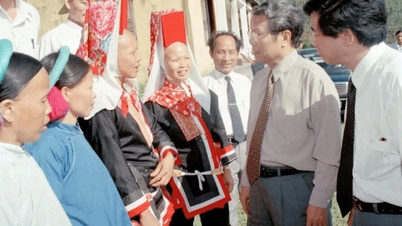

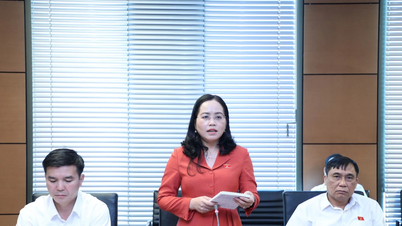
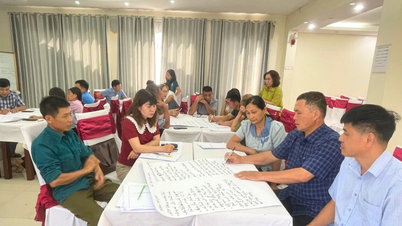







































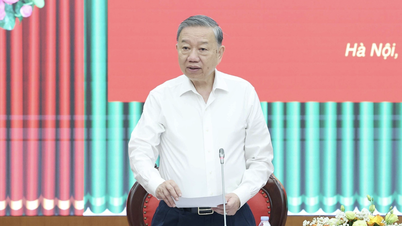



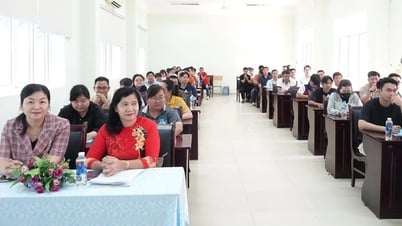




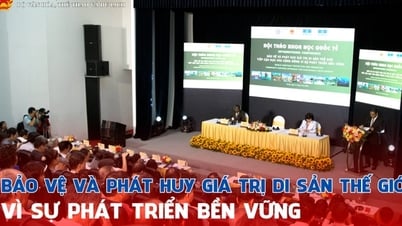







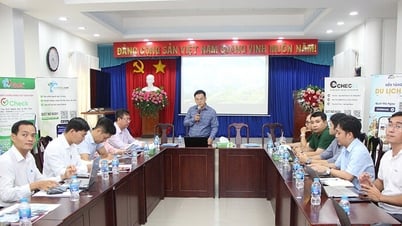





Comment (0)